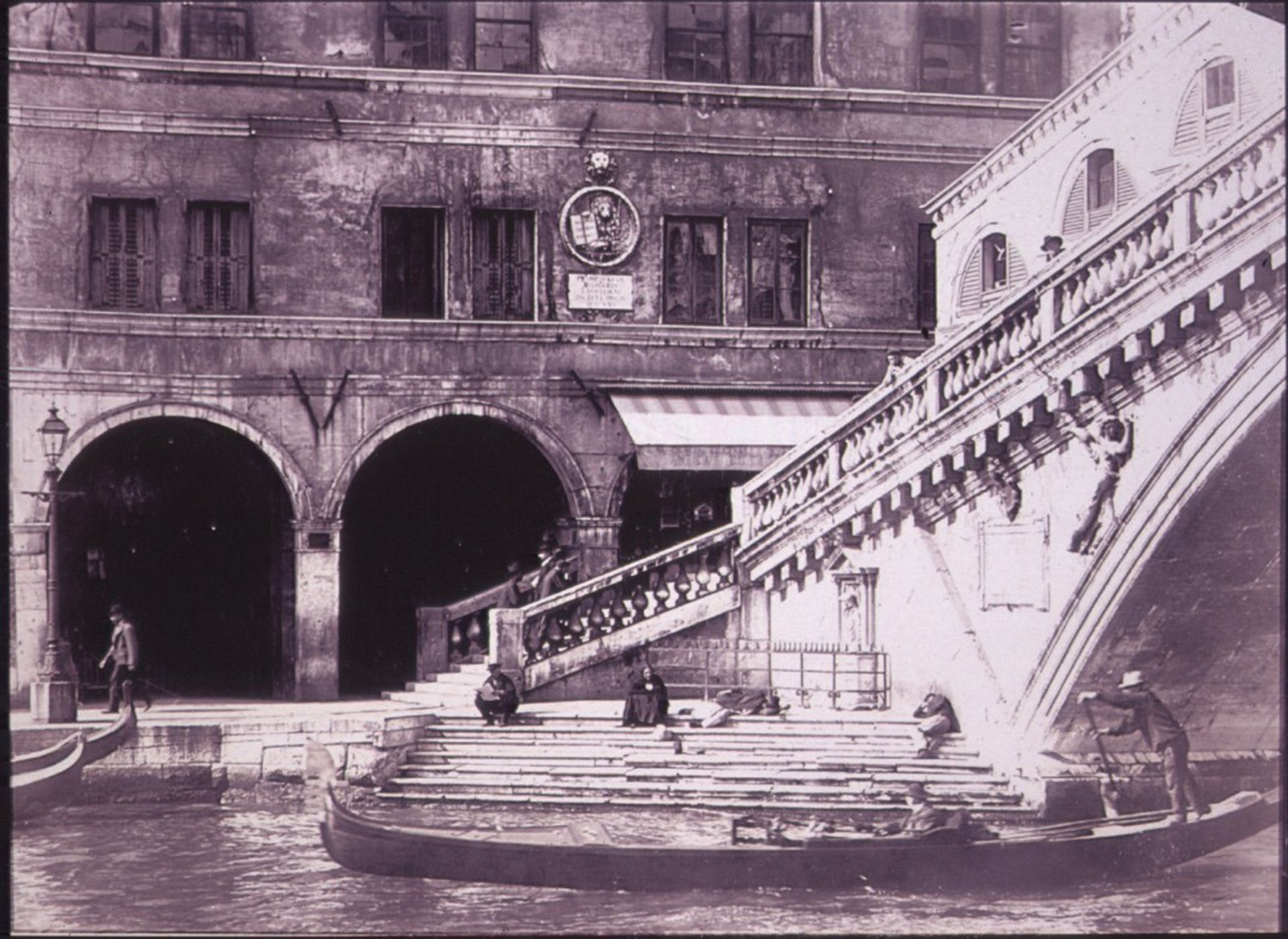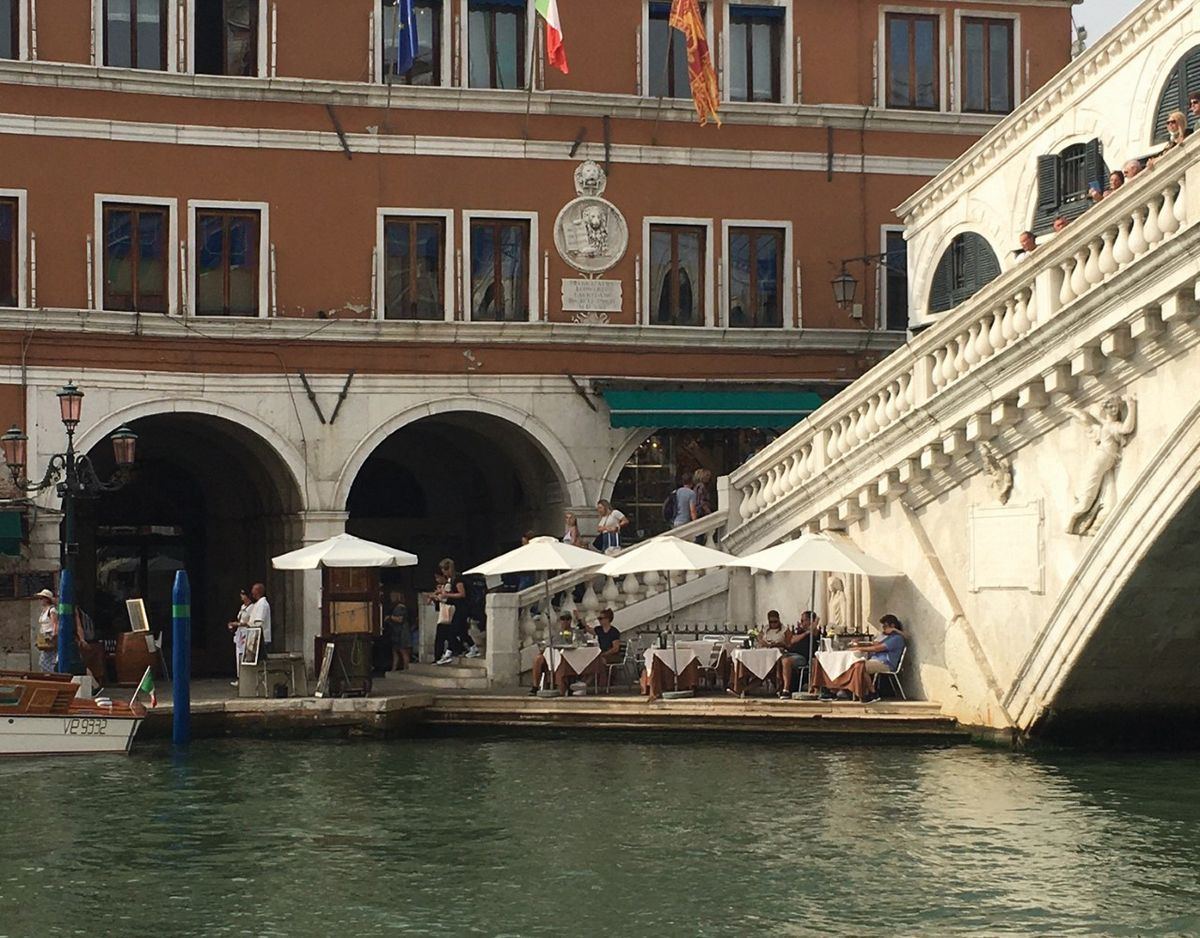Fellows of one of Italy’s most distinguished learned bodies, the Istituto Veneto delle Scienze, Lettere ed Arti, made up of scientists, historians and writers, have appealed to Mario Draghi, the Italian prime minister, to create a new authority for the protection of Venice from sea-level rise. They may well get a hearing because Draghi has spoken publicly about his concern about Venice and the fact that 12.6% of Italians live in areas at high risk of flooding; not just Venice, but Italy as a whole is unprepared, without any national strategy to deal with sea-level rise, while the Netherlands, the UK, and many other countries, regions and even towns are planning in the long term for the danger ahead, some well into the next century.
For at least ten years now, scientists have known that the relative sea level of the Mediterranean will rise at the same rate as the oceans, and in 2011 the scientists of CNR-ISMAR, the leading Italian maritime research institute, said that there was no doubt that it would eventually rise to a value that would not be sustainable for the Venice lagoon and the city.
Unsustainable lagoon pollution
Now we know that this may well happen within our grand-children’s lifetimes if steps are not taken to prevent it. The IPCC 2021 regional projections foresee a rise in the relative sea level by the end of the century of 28cm-55cm in their most optimistic estimate of global warming; 63cm-101cm in their most pessimistic, and in their intermediate estimate—considered the most likely—a rise in relative sea level of 44-76cm, due to a projected increase in temperature of 2.1-3.5 degrees.
In the case of Venice, any scenarios will be aggravated by the unavoidable subsidence, around 2mm a year, of the geological platform over which Venice sits. The intermediate scenario would mean that the mobile barriers generally known as Mose would need to be closed more than 260 times a year, which would do unsustainable damage to the lagoon ecosystem and the city.
One of the reasons why the earlier warnings about sea-level rise have been ignored outside scientific circles is the political rows. The corruption and contorted administration that have entangled the design and construction process of the barriers have made politicians reluctant to look again at the issue of defending Venice from the sea.
The other reason is that there is still a fundamental confusion in government circles and the public between the temporary flooding events such as the severe acqua alta of 12 November 2019, and the constant, ineluctable rise in sea-level. A parallel can be made with an illness, in which the flooding events are the acute phases that cause a lot of suffering, but it is the sea-level rise, the chronic condition, that will prove lethal.

In this picture of the Rialto in Venice from around 1900, six steps are clear of the water. Photo: Osvaldo Böhm.
The tipping point
The urban fabric is already being attacked by the water because the level is higher today than it has ever been in the history of the city. If nothing is done to control the water level, a tipping point will be reached and there will be mass casualties among its buildings, which is why it is vital that the water level in the lagoon can be managed so that it does not rise much higher than it is now.
The initiators of this appeal, the former and current presidents of the Istituto Veneto, Gherardo Ortalli and Andrea Rinaldo, and the writer of this article, have suggested to Draghi that a radical, new approach needs to be taken to how both research and decision-making for the protection of Venice and the lagoon are governed, because currently there is a Babel of authorities and conflicting powers that jointly and separately are failing the city.
The appeal asks Draghi to create a new authority endowed with full, delegated powers that would protect it from local political wrangling and enable it to engineer a sustainable Venice and ecosystem for centuries to come. It points to the Delta Programme of the Netherlands as an organisational model to imitate and it is backed up by a number of fellows of the Istituto Veneto, all of whom were asked to give their opinion on what a new organisation would look like, many of whom say that the matter must be internationalised, probably with EU participation.
A precedent has been set for such an intervention in Italian national affairs. Under the leadership of Draghi, Italy is in the process of making major reforms of its judiciary and administration that are the condition laid down by the EU for a €209bn Covid-19 recovery fund.
• Anna Somers Cocks was the chair of the Venice in Peril Fund 1999-2012, is fellow of the Istituto Veneto delle Scienze, Lettere ed Arti, and founding editor ofThe Art Newspaper


